2021 Washington state Legislative Session Wrap-Up
By League of Education Voters Policy Team
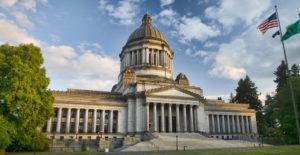 We knew the 2021 Legislative Session was going to be different than past years and present some not-so-happy surprises along the way. The remote nature of the session created some significant challenges in shepherding legislation through the process and understanding why some legislation hit unexpected roadblocks along the way. In the face of these difficulties, some significant pieces of legislation have made their way out of the legislature and onto the Governor’s desk.
We knew the 2021 Legislative Session was going to be different than past years and present some not-so-happy surprises along the way. The remote nature of the session created some significant challenges in shepherding legislation through the process and understanding why some legislation hit unexpected roadblocks along the way. In the face of these difficulties, some significant pieces of legislation have made their way out of the legislature and onto the Governor’s desk.
In response to the remote session and some of the economic concerns that were present at the onset of the session, fewer bills were introduced this year than most budget years in preparation for the challenges of a remote session during a pandemic. Despite the challenges of 2021, two historic pieces of legislation were able to make it through the legislature and onto the governor’s desk including the Fair Start for Kids Act (Senate Bill 5237), which substantially expands access to high-quality early learning and childcare, and the passage of a Capital Gains Tax (Senate Bill 5096), which will generate up to $500 million per year in additional funding to support education and early learning. Both of these must still be signed by Gov. Inslee to become law, but the Capital Gains Tax is expected to face legal challenges once it gets signed into law.
We are also happy to report that a few other key bills were passed and funded by the legislature, including: Read More


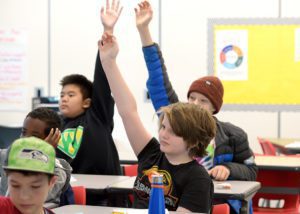
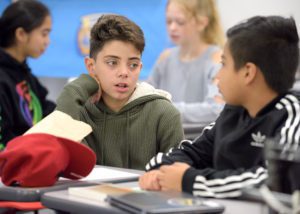
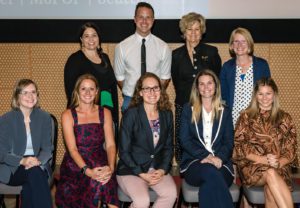 In our podcast, we interview policymakers, partners, and thought leaders to spotlight education policies, research, and practices so that together we can create a brighter future for every Washington student.
In our podcast, we interview policymakers, partners, and thought leaders to spotlight education policies, research, and practices so that together we can create a brighter future for every Washington student.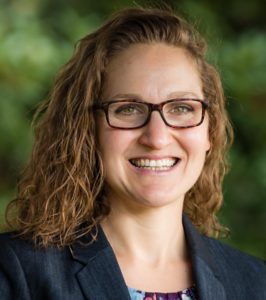 In our podcast, we interview policymakers, partners, and thought leaders to spotlight education policies, research, and practices so that together we can create a brighter future for every Washington student.
In our podcast, we interview policymakers, partners, and thought leaders to spotlight education policies, research, and practices so that together we can create a brighter future for every Washington student.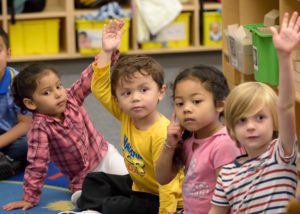 Districts receive both state and federal funding to provide educational services and supports to students with disabilities, with state funding providing the biggest portion of funding. There are several factors that determine how much special education funding a district receives, but the two factors that most impact the level of state funding for special education for school districts are:
Districts receive both state and federal funding to provide educational services and supports to students with disabilities, with state funding providing the biggest portion of funding. There are several factors that determine how much special education funding a district receives, but the two factors that most impact the level of state funding for special education for school districts are: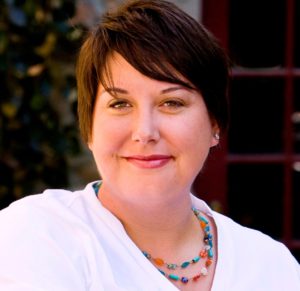 In our podcast, we interview policymakers, partners, and thought leaders to spotlight education policies, research, and practices so that together we can create a brighter future for every Washington student.
In our podcast, we interview policymakers, partners, and thought leaders to spotlight education policies, research, and practices so that together we can create a brighter future for every Washington student.